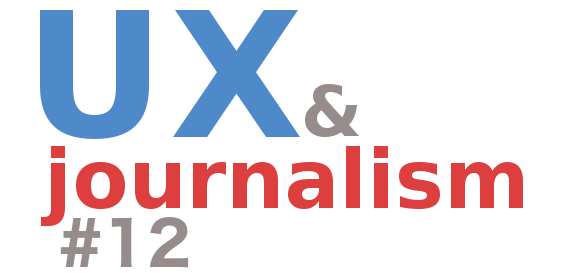Paul Rissen is Data Architect for BBC News Online. He answered few questions about information architecture and the interest for journalism.
What is information architecture for you ?
Information architecture is about the construction and the structure of meaning, when you transfer information from one person to another. It is probably less about what you can see on a webpage. For me, it is more about what’s going on behind the scenes. It’s the network of meaning you construct, that provides the ground you construct on top of it.
Is information architecture design ?
Yes, the deliberate design of structure.
What is the difference between Dan’s job and your job ?
About two years ago, I was doing the same job. My role at the moment is more technical : working on data structure, creation and maintenance of data…
Which kind of data ?
Mainly in news area. For example, I maintain data for UK general elections. The main role was to create this for journalists. But then, it powers the BBC news app and people can also search for tags.
What are the benefits of information architecture for journalism ?
It comes back to the structure. At the BBC, we are very good in journalism with text, video… Until quite recently, all we do is put that stuff online and treat the internet as a distribution platform. But I think the very interesting part is treating the web as a medium itself in that URL and links can give you a network. When you’re are reporting the news, there are events which are connected to people and places. The importance of information architecture for journalism is understanding those structures which lie behind the content and the stories.
Can we measure the impact of information architecture for journalism ?
It is slow at the BBC, we are experimenting with things. We work less in the area of journalism but more in the area of drama with the theory that in drama you can get access to the writers, it is fictional. We have an approach for Doctor Who for example. We then try to apply to history, we looked back to battle of Britain with the idea that different people will interpret the events differently. Was the speech of W. Churchill a real turning point in the battle of Britain ? That is the closest to journalism.
How is information architecture creative ?
This really grows my frustration. UX people tend to have backgrounds in art school, visual design. Information architecture is traditionally more from library science. The general impression is more stuffy, more technical. So many time I’ve heard creative directors saying « well information architecture are the ones who says no we can’t do that because it breaks the structure ». I don’t think it’s how it should be. You can make silly, fictional data, explore it, make it in a interesting way. The linked data cloud is crowing and tending to be a lot of scientific data and can be a kind of barrier to the population. I’d like to get a kind of pop culture data which will help people to get the message.
Why these information architecture aspects are not the algorithms and robots jobs ?
We are teaching computer how to understand our world. Computers guess what we mean, they guess what the meaning of those things are but on the flip side.
Will information architects and user experience designer be more and more hired in the following years ?
Yes, and I think it will also breaks the hard link between information architecture, user experience, visual and screen design.
How many people are working on information architecture at the BBC ?
About 12-15. In the structured data section, we are 4-5 people. It is quite small compared to the number of video producers for example.
What is the current big project ?
I’m working on a research and education space which is making the archives of BBC and other cultural institutions available for educational and research uses.
What are the needed skills for a good information architect ?
There is not lots. For example, I studied history and then did a one-year master in Information Systems with a bit of programing, systems, modelling, business.
The most important skill are for me the main modelling, relationships modelling, content modelling. A good information architect has to understand the RESTful interfaces. It is much more a conceptual understanding of things than a technical one.
